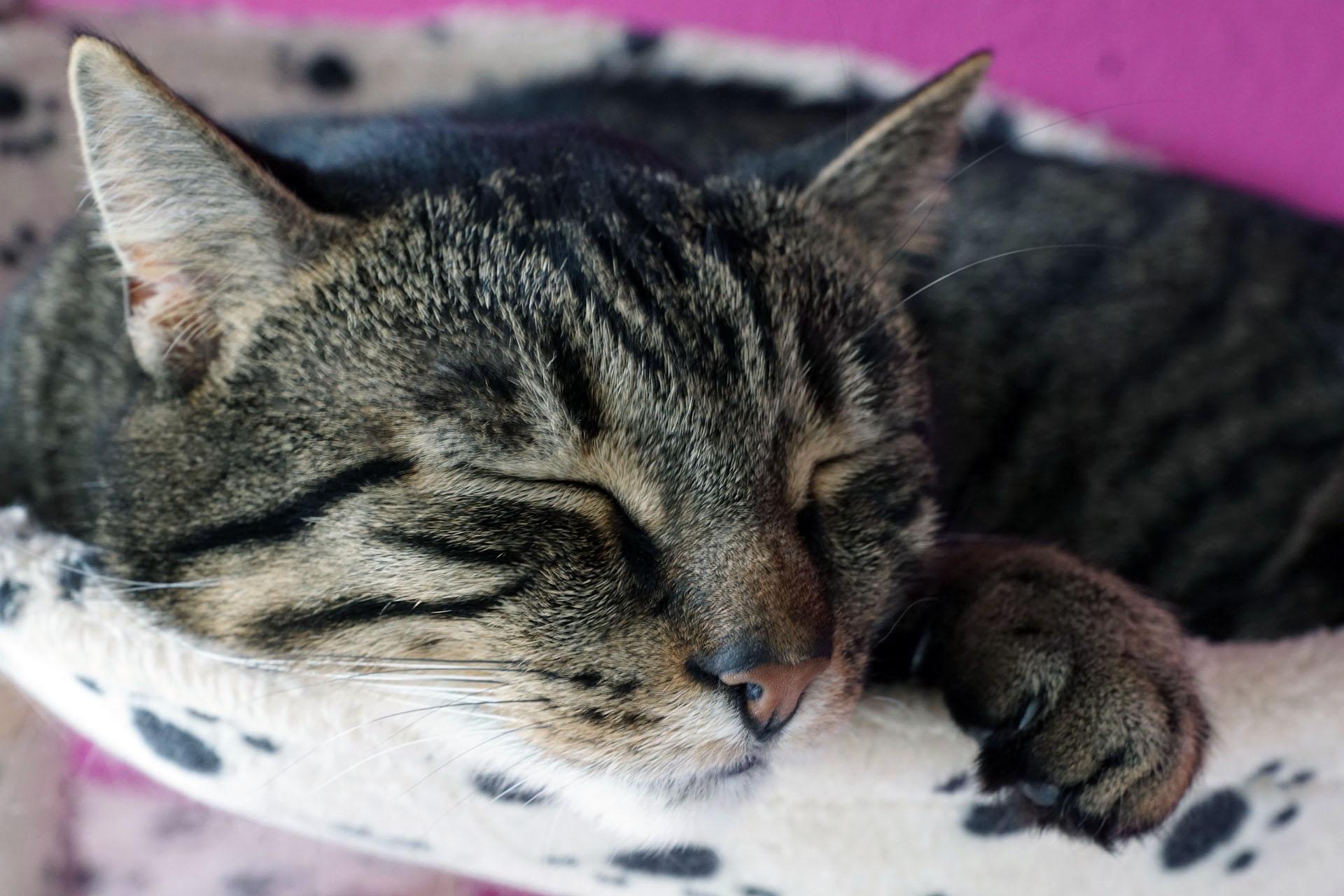Cat sensitivity to the insecticide permethrin
Why are cats so sensitive to the insecticide permethrin?

Permethrin is used commonly in veterinary practice to control external parasites on a range of different species. It is a synthetic analog of pyrethrin and is virtually non-toxic to chickens, dogs and other domestic animals. However, it is remarkably toxic to cats.
In insects, permethrin works by blocking voltage-gated sodium channels in the surface of cells. We hypothesised that some feature unique to feline voltage gated channels is the cause of their sensitivity to permethrin.
Cats and other mammals have 9 voltage gated channel genes. In preliminary studies we compared the predicted proteins of these genes in cats with the predicted proteins of human, dog and mouse. In cats, we found a number of differences from the other species. We identified a number of protein regions in three different genes that are good candidates for making cats sensitive to permethrin.
This project aims to confirm those results by cloning and sequencing the genes and testing their protein products for interaction with permethrin. This project has good potential for leading to further higher degrees.
Key methodology: Bioinformatics analyses of protein structure and potential function; cloning and sequencing mRNA from cat central nervous system; cell culture and biochemistry experiments.
Study companion animal health
Anne Peaston’s research interests focus on companion animal health and disease, as you can see reflected in her honours projects, such as genetics of dog diseases, unique features of cat biology, and using big data from general practices to build knowledge about dog and cat diseases in Australia.

Supervisor
Research area: Companion animal health
Recommended honours enrolment: Honours in Animal Science
